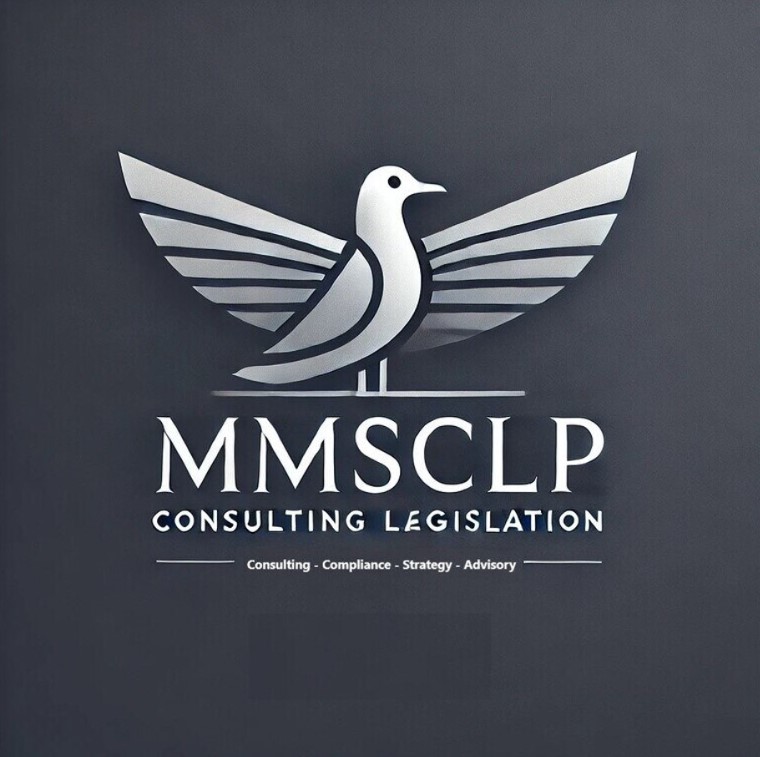New York
Sat,Feb 21, 2026, 07:53 pm
Walnut
Sat,Feb 21, 2026, 04:53 pm
Valletta
Sun,Feb 22, 2026, 01:53 am
London
Sun,Feb 22, 2026, 12:53 am
Auckland
Sun,Feb 22, 2026, 01:53 pm
Tax and Business Solutions
International Tax Planning
KYC/AML/Due Diligence
Articles
Global Tax Changes 2025
Global Corporate Tax Rates 2025
Taxation Changes EU 2025
Capital Gains Tax Rates EU 2025
Sat,Feb 21, 2026, 07:53 pm
Walnut
Sat,Feb 21, 2026, 04:53 pm
Valletta
Sun,Feb 22, 2026, 01:53 am
London
Sun,Feb 22, 2026, 12:53 am
Auckland
Sun,Feb 22, 2026, 01:53 pm
Tax and Business Solutions
International Tax Planning
KYC/AML/Due Diligence
Articles
Global Tax Changes 2025
Global Corporate Tax Rates 2025
Taxation Changes EU 2025
Capital Gains Tax Rates EU 2025
MMSCLP KYC and AML Process
Know Your Customer and Due Diligence
KYC (Know Your Customer) and due diligence are critical processes in the financial sector aimed at mitigating risks such as money laundering and terrorist financing, and ensuring legal compliance.
KYC (Know Your Customer):
KYC is a process that businesses and financial institutions use to verify the identity of their clients. It involves gathering information about customers to establish their identity and assess the risks they pose. The KYC process typically consists of the following steps:
1. Customer Identification Program (CIP): This is the initial step where the customer's identity is verified. It involves collecting basic information about the customer, such as their name, date of birth, address, and identification number.
2. Customer Due Diligence (CDD): This step involves assessing the risk that the client poses. It helps businesses understand the nature of the customer's activities, the source of their funds, and whether they pose a risk of money laundering or terrorist financing. CDD can vary in intensity depending on the risk profile of the customer.
3. Ongoing Monitoring: Once a customer relationship is established, businesses are required to monitor transactions and account activities to ensure they are consistent with the customer's profile. This helps detect any suspicious activities that may indicate potential money laundering or terrorist financing.
Due Diligence:
Due diligence is a broader process that involves gathering information about a customer or business entity to assess its reputation, background, financial stability, and compliance with legal and regulatory requirements. Due diligence can include:
- Background Checks: Verifying the identity and background of the customer or business entity.
- Source of Funds: Ensuring that the funds being used or invested are from legitimate sources and not from illegal activities.
- Risk Assessment: Evaluating the level of risk associated with the customer or business entity based on various factors such as their location, industry, and transaction history.
Money Laundering:
Money laundering is the process of disguising the proceeds of illegal activities so that they appear to come from legitimate sources. It typically involves three stages:
1. Placement: Introducing illicit funds into the financial system. This may involve depositing cash into bank accounts, purchasing assets, or using money services businesses.
2. Layering: Concealing the source of the funds through a series of complex financial transactions. This could include wire transfers between accounts in different countries, buying and selling securities, or using shell companies.
3. Integration: Making the laundered money appear legitimate by integrating it into the economy. This may involve investing in businesses, purchasing real estate, or using the funds for other legitimate purposes.
Importance of KYC and Due Diligence:
KYC and due diligence are essential to protect businesses and financial institutions from the risks associated with money laundering and terrorist financing. By implementing effective KYC and due diligence processes, businesses can ensure compliance with regulations, safeguard their reputation, and protect themselves from financial losses and legal liabilities.
In conclusion, KYC and due diligence are fundamental components of a robust anti-money laundering and counter-terrorist financing framework. They help businesses identify and mitigate risks associated with illicit activities and ensure the integrity and transparency of their financial transactions.
What Are KYC Documents?
The identity information to be collected and to be verified depends on the type of customer and the level of ML/TF risk posed by the customer. For individual customers, this information includes, as a minimum requirement, their full name as well as either their residential address or date of birth.
Clients generally must provide a government-issued ID as proof of identity. Sometimes two forms of ID are require, such as a driver's license, birth certificate, social security card, or passport. In addition to confirming identity, the address must be confirmed. This can be done with proof of ID or with an accompanying document confirming the address of the client.
MMSCLP Compliance for onbording customers
With clicking on the link below another window will open our KYC form and you can fill in your details on the computer.
MMSCLP International | KYC Form
or use our mobile app to file the KYC form on your mobile.
MMSCLP International | KYC App
After you have submitted the form you will be notified within 24 hours if your documents are good to go or we need some more details.

